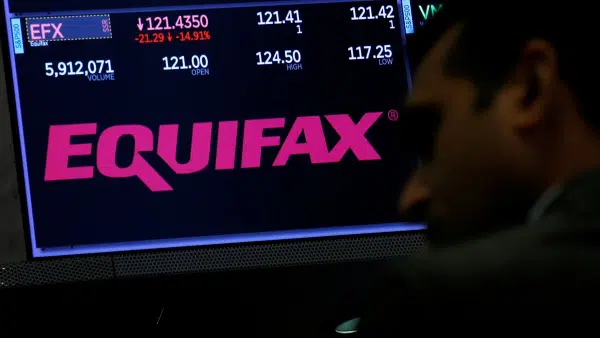Equifax After the Fact: One Year Later
Home Help Center Equifax After the Fact: One Year Later

Identity Theft Resource Center® Sees Major Consumer Impacts One Year After the Equifax Breach. Read the full report here. For decades, consumers have been told to monitor their credit reports as a way to stay on top of their identities and to maintain general financial well-being. The sources of those credit reports are three major reporting agencies: TransUnion, Experian, and Equifax. As the gatekeepers of all your sensitive information, they are charged with keeping up-to-date records on the financial activity associated with your unique identity. Obviously, that can make them a major target for hackers, as Equifax has learned in recent weeks. A data breach of their servers was discovered on July 29, 2017, and the complete identities of more than 148 million US consumers were stolen. These identities include names, birthdates, Social Security numbers, and more. In addition, Equifax has said that hundreds of thousands of credit card numbers were stolen, along with documents about credit disputes which contained sensitive personal identifiable information. The Aftermath: Equifax One Year Later discovered that nearly 90 percent of respondents reported that they experienced adverse feelings or emotions – beyond the financial impacts. The next step is for Equifax to notify the victims of the breach by mail. Presumably, since the stolen information contained everything that a thief needs to steal someone’s identity, Equifax will be offering credit monitoring service to the victims, however, that remains to be seen. Should consumers receive a notification letter, it’s important that they take the following steps:
- Read the letter carefully and determine what information was compromised. If it’s just your credit card number, that might be easily fixed with a phone call to your financial institution. If it was more invasive information, then further action could be necessary.
- If you’re offered credit monitoring service as part of this or any data breach, do not disregard the letter. That offer indicates that your most sensitive information is believed to have been put at risk. Typically, offers of credit monitoring span one to two years and that can give you a lot of peace of mind following the breach.
- Save the notification letter in a safe place. It is not an official document for legal reasons, but it can help serve as proof that your identity was compromised in the event that someone ever uses your information fraudulently.
As a consumer, you’re entitled to one free credit report each year from each of those three credit agencies, so it’s important that you stay on top of your credit reports for the foreseeable future. If your complete identity was stolen, then there’s a very real chance that new accounts and lines of credit can be opened in your name at any time. Monitoring your credit is a good idea anyway, but is certainly necessary if your data has been stolen.
Contact the Identity Theft Resource Center for toll-free, no-cost assistance at (888) 400-5530. For on-the-go assistance, check out the free ID Theft Help App from ITRC.
How much information are you putting out there? It’s probably too much. To help you stop sharing Too Much Information, sign up for the In the Loop.
Get ID Theft News
Stay informed with alerts, newsletters, and notifications from the Identity Theft Resource Center

